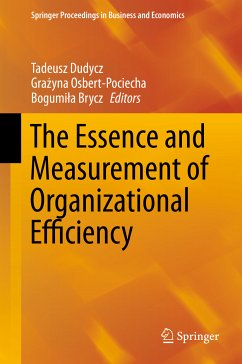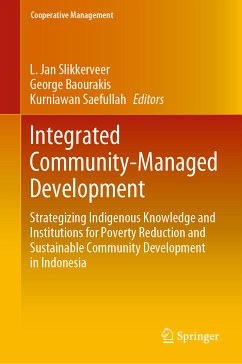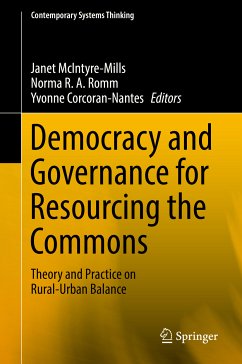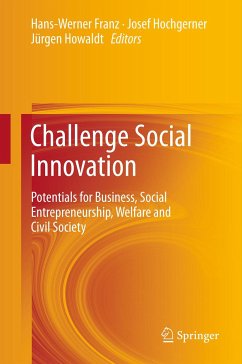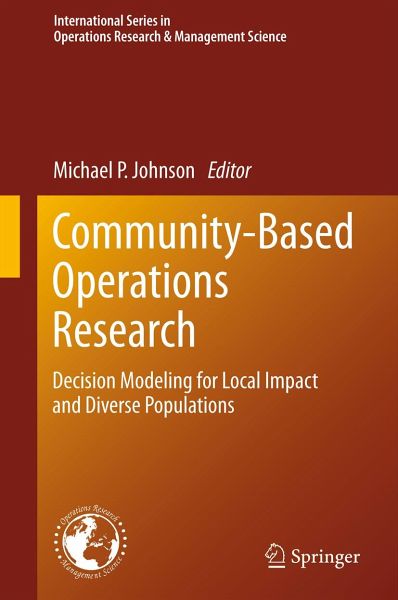
Community-Based Operations Research (eBook, PDF)
Decision Modeling for Local Impact and Diverse Populations
Redaktion: Johnson, Michael P.
Versandkostenfrei!
Sofort per Download lieferbar
112,95 €
inkl. MwSt.
Weitere Ausgaben:

PAYBACK Punkte
56 °P sammeln!
This edited volume is an introduction to diverse methods and applications in operations research focused on local populations and community-based organizations that have the potential to improve the lives of individuals and communities in tangible ways. The book's themes include: space, place and community; disadvantaged, underrepresented or underserved populations; international and transnational applications; multimethod, cross-disciplinary and comparative approaches and appropriate technology; and analytics. The book is comprised of eleven original submissions, a re-print of a 2007 article ...
This edited volume is an introduction to diverse methods and applications in operations research focused on local populations and community-based organizations that have the potential to improve the lives of individuals and communities in tangible ways. The book's themes include: space, place and community; disadvantaged, underrepresented or underserved populations; international and transnational applications; multimethod, cross-disciplinary and comparative approaches and appropriate technology; and analytics. The book is comprised of eleven original submissions, a re-print of a 2007 article by Johnson and Smilowitz that introduces CBOR, and an introductory chapter that provides policy motivation, antecedents to CBOR in OR/MS, a theory of CBOR and a comprehensive review of the chapters. It is hoped that this book will provide a resource to academics and practitioners who seek to develop methods and applications that bridge the divide between traditional OR/MS rooted in mathematical models and newer streams in 'soft OR' that emphasize problem structuring methods, critical approaches to OR/MS and community engagement and capacity-building.
Dieser Download kann aus rechtlichen Gründen nur mit Rechnungsadresse in A, B, BG, CY, CZ, D, DK, EW, E, FIN, F, GR, HR, H, IRL, I, LT, L, LR, M, NL, PL, P, R, S, SLO, SK ausgeliefert werden.




